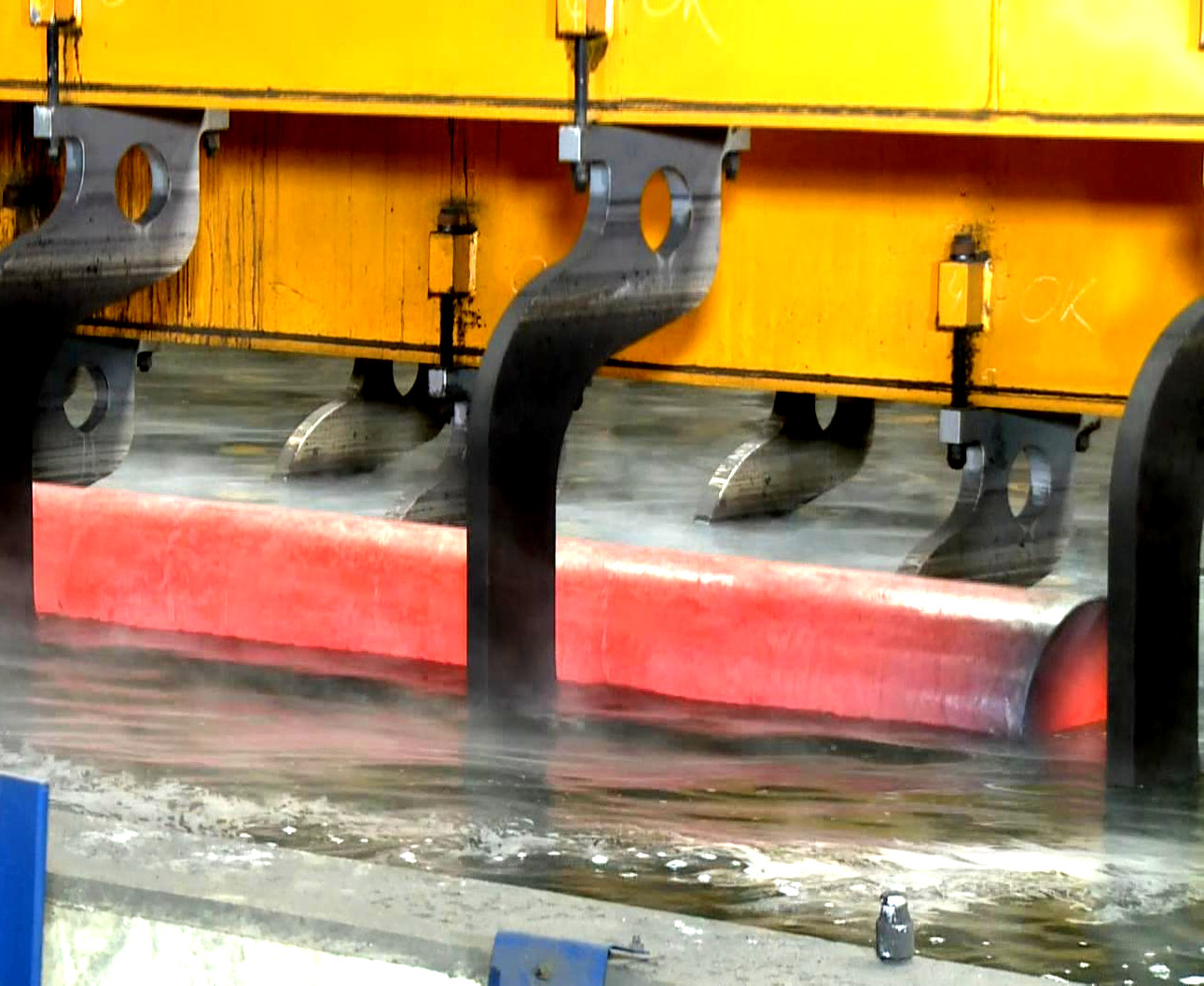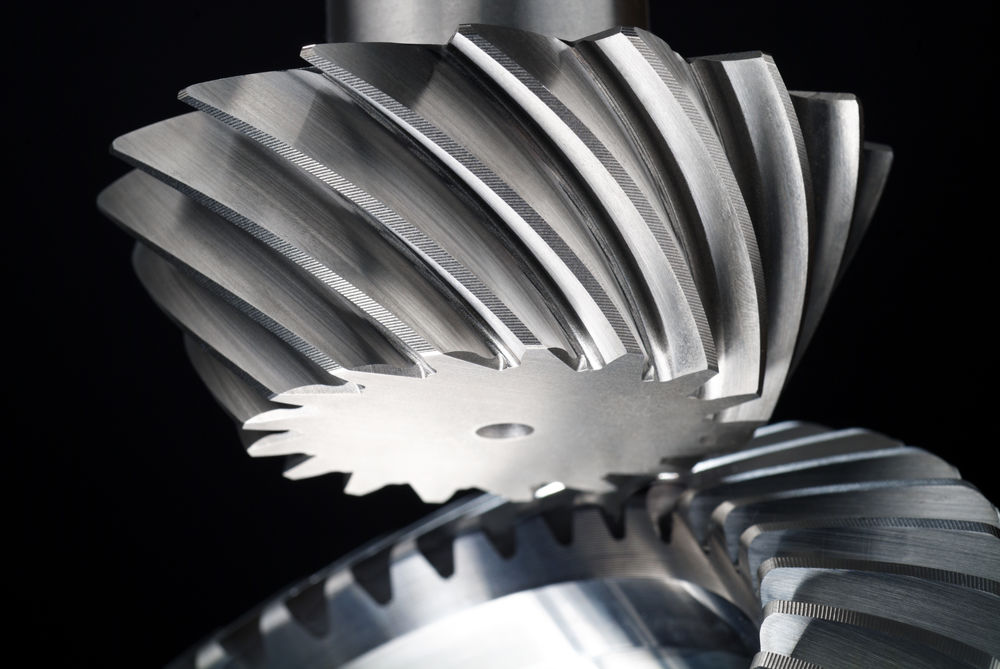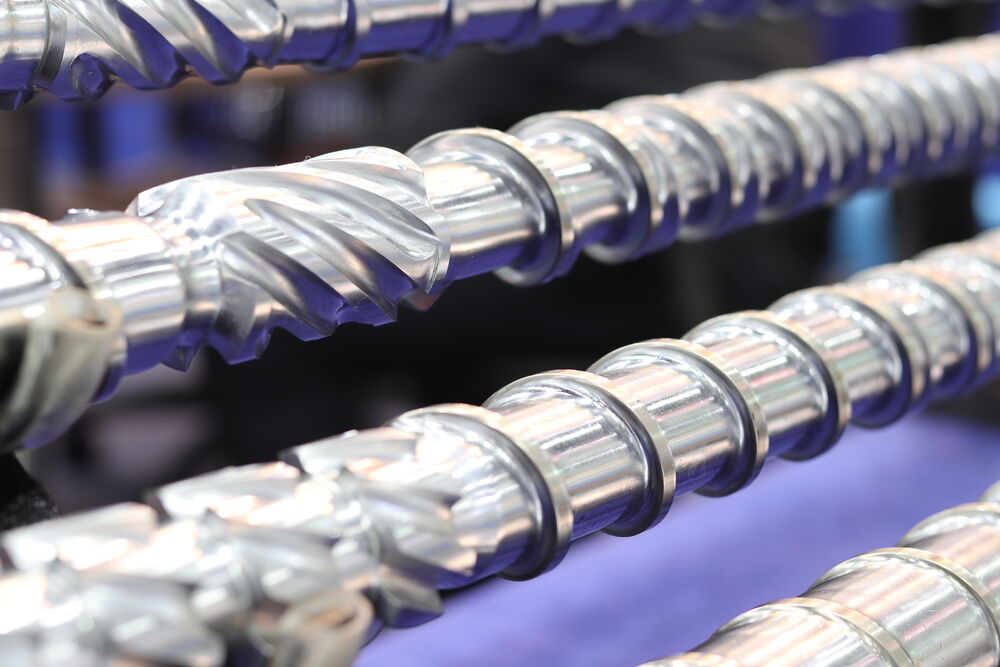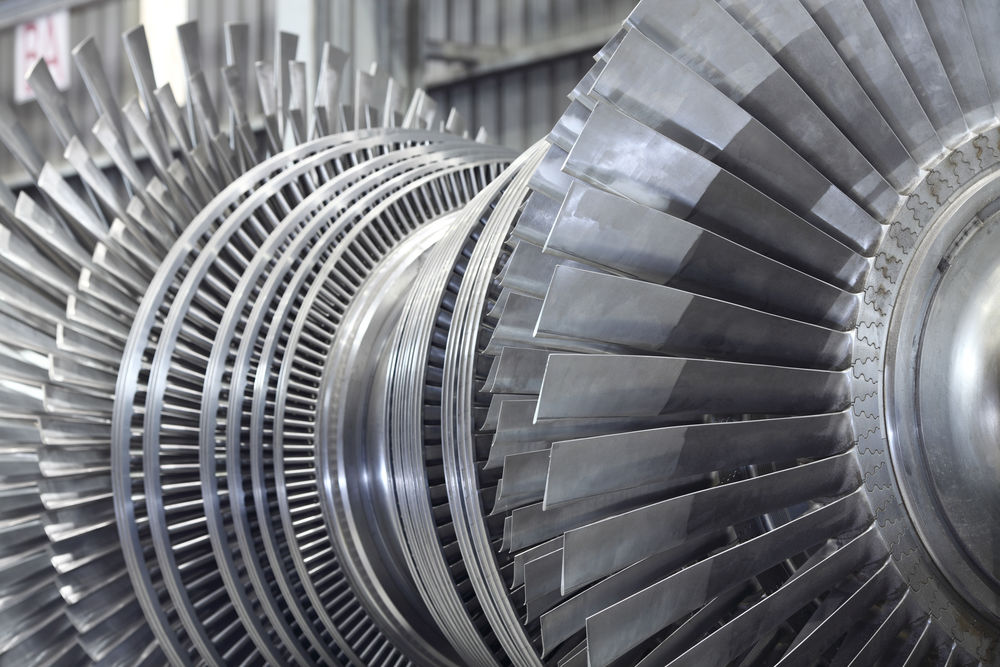Whether heat-resistant steels, case-hardening steels, quenched and tempered steels or nitriding steels - alloyed stainless steels from BGH are used wherever maximum fatigue strength, wear resistance and surface hardness are required.
They are characterised by a particularly high degree of purity, which has a positive effect on the operating properties. Maximum purity can be achieved by additional remelting as ESR, PESR and VAR remelting.
Materials and areas of application








